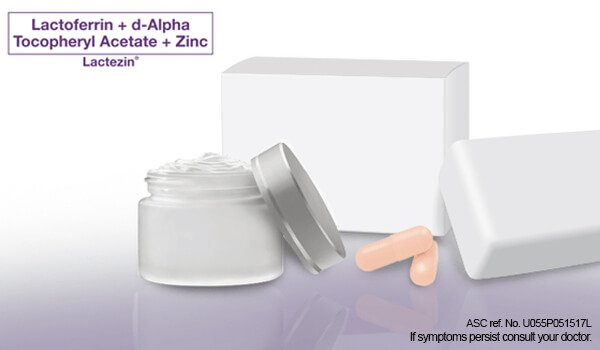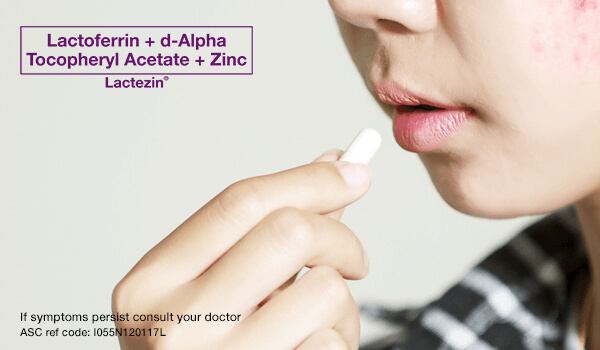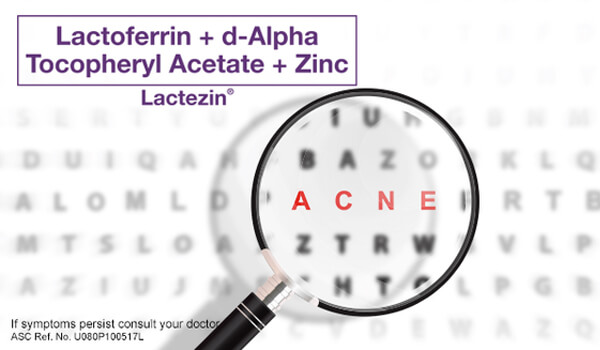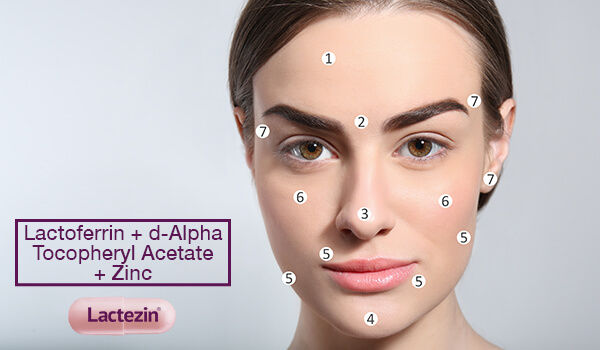Pimple Treatments: Do They Really Work?

There is no shortage of pimple treatments available in the market. The question is: do these products do the job?
Why do you need pimple treatments?
A common misconception is that you don’t need to treat pimples and just let it run its course. But dermatologists say that this is not always the best way to deal with the problem. For one, untreated acne may leave dark spots, and scars can appear on the skin once it clears. These dark spots and scars also affect a person’s self-esteem.

Types of pimple treatments
There are plenty of effective treatments for acne, but this does not mean every treatment works the same way for everyone, tough in most cases, acne can be managed.
Some acne treatment options include:
-
-
Topical acne treatments
These are products you apply directly on the skin. Topical treatments may come in the form of cleansers, creams, or gels. Depending on the ingredients, these topical treatments may help kill bacteria or reduce oil. Common ingredients in these topical treatments are benzoyl peroxide or salicylic acid.
-
Laser therapies
Depending on your condition, some dermatologists may treat acne with laser treatments or other light therapies. For example, blue, red, and blue + red light devices (visible light) can treat pimples, but not blackheads and whiteheads. These therapies are still being researched for their effects on mild to moderate cases of acne.
-

-
Oral medication
Women with moderate acne can also opt to take certain birth control pills to control their acne, especially if their breakouts are caused by hormonal imbalance. These oral medications alter the body’s hormonal balance to reduce the male hormone testosterone.
Another option available for those with mild to moderate acne is Lactezin®. Lactezin® contains Lactoferrin, Vitamin E, and Zinc that may help reduce pimples and oiliness. Clinicals show that when taken twice regularly, Lactezin® may also improve complexion in as early as 2 weeks.
You don’t have to wait for acne to clear on its own. Talk to your dermatologist about which treatment is best for the type of acne you have.

SOURCES:
https://www.aad.org/media/stats/conditions
https://www.aad.org/public/diseases/acne-and-rosacea/lasers-and-lights-how-well-do-they-treat-acne
https://www.aad.org/public/diseases/acne-and-rosacea/acne#treatment


